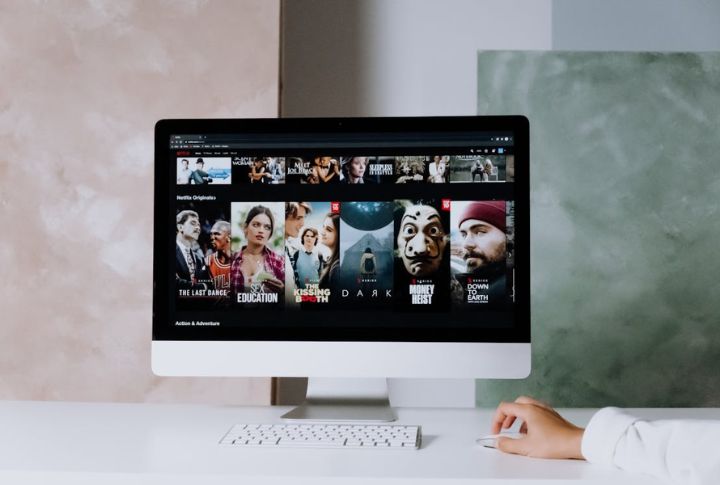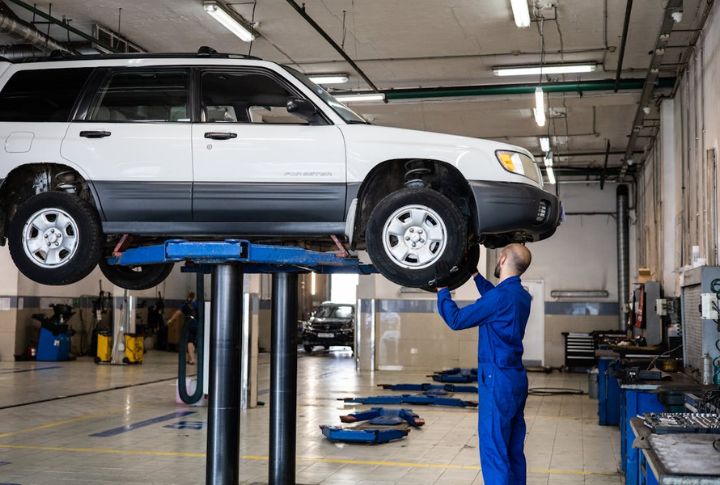
Money troubles don’t always come from big mistakes. For many middle-class families, it’s the everyday choices—ones that seem harmless at first—that slowly chip away at savings and stability. And usually, these decisions come from good intentions but bad timing. Let’s break down 20 habits that might be holding you back so you can protect your future and stay ahead.
Financing Depreciating Assets With Long-Term Debt

The middle class frequently opts for long auto loans, stretching payments up to 72 months. This common habit means families pay thousands in interest for assets that rapidly lose value. They deepen debt while the vehicle quietly depreciates, often resulting in households being trapped in negative equity positions for years.
Lifestyle Inflation Outpacing Income Growth

Housing and essential costs are forcing a lot of households to routinely loosen their purse strings. The pressure causes lifestyle inflation to stealthily outpace income growth. The effect is clear: Modern families are taking on more credit card debt, which is a direct cost of maintaining perceived status.
Failing To Secure Adequate Term Life And Disability Insurance

Many families dangerously postpone purchasing vital protection. Term life insurance is affordable when they are younger, though they wait until costs climb higher. A similar hesitation surrounds disability insurance. Such protection gaps often stem from anxiety around complex decisions, which needlessly leaves their household income exposed.
Prioritizing Children’s College Savings Over Personal Retirement

A heartfelt desire to help children drives 35% of families to prioritize college savings over their own retirement funds. This well-meaning sacrifice can backfire severely. Financial experts warn that middle-class parents who shortchange retirement accounts risk both their long-term security and their eventual ability to financially assist their children.
Succumbing To “Keeping Up With The Joneses” Social Spending

Middle-class families battle invisible social pressures that dictate spending habits. Older generations chase traditional status symbols like expensive trips. Younger spenders seek social media validation through curated experiences. The persistent “Joneses” trap drains wallets and sacrifices long-term savings for immediate, fleeting social approval and perceived standing.
Treating Tax Refunds As Windfalls Rather Than Adjustments

Middle-income families frequently view large tax refunds as a spending windfall, not a simple adjustment. That lump sum funds a shopping spree or trip, but overlooks the opportunity to eliminate debt or build savings. They are essentially lending money interest-free to the government, and adjusting withholding transforms this annual event into steady, year-round stability.
Ignoring The Hidden Cost Of Low-Interest Savings Accounts

Average earners often keep substantial emergency funds in basic accounts earning minimal interest. It provides a sense of security, but the money is actively losing purchasing power to inflation. Ignoring higher-yield savings or investment options means these families are essentially leaving hundreds, even thousands, on the table every single year.
Using Consumer Debt For Routine Expenses

It’s a striking financial paradox: Middle-income earners, not the lowest, mostly rely on debt for daily necessities. Roughly one-third of all Americans use credit for basics, but it’s middle-class households that frequently maintain high balances. Steady paychecks fail to prevent nearly half of these families from struggling with revolving consumer credit.
Maintaining Underutilized Subscriptions And Memberships

Family finances are eroded by a quiet, constant drain: the auto-renewing subscriptions. Barely-touched streaming services, dormant gym memberships, unused software packages, etc., continually bleed budgets. These forgotten expenses steadily chip away at security when 30% of the middle class are already putting off major, necessary purchases.
Deferring Essential Maintenance On Major Assets

The common middle-class gamble is delaying upkeep on vehicles and homes. Regular maintenance, like HVAC tune-ups, protects asset values and avoids surprises. However, deferring this essential upkeep leads to efficiency plummeting, emergency repair costs skyrocketing, and long-term expenses that multiply far beyond the simple cost of prevention.
